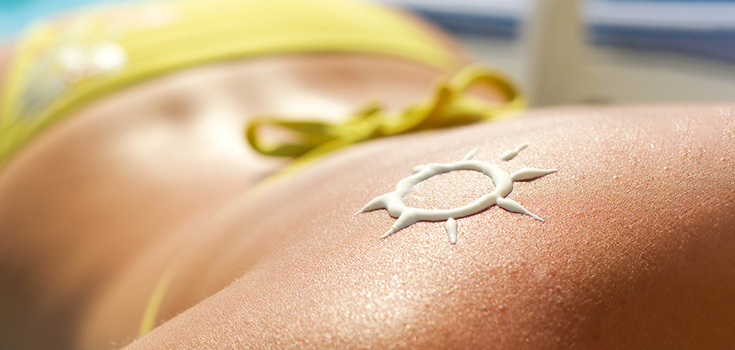Vitamin D Deficiency Increases Your Risk of Death

It is well known among the health conscious community that vitamin D offers powerful disease fighting benefits that are only beginning to be fully uncovered, but some startling new research has found that a vitamin D deficiency can actually increase your overall risk of death. Statistically, those deficient in vitamin D were more than 2 1/2 times more likely to die than individuals with normal (not even optimal) vitamin D levels.
Conducted by researchers from Kentucky University and published in the American Journal of Cardiology, the large study examined 10,000 patients who were followed in an out-patient clinic system.
All of the patients were over the age of 18, with an average age of 60 years. Among the patients, 71% were female, and the patient data observed spanned the course of 5 years. When the vitamin D levels of the patients was analyzed, an amazing 70.3% of participants were found to be deficient in vitamin D.
Most importantly, the study conductors found that the 70.3% of participants deficient in essential vitamin D were not only more susceptible to diseases like hypertension, coronary artery disease, cardiomyopathy, and diabetes, but were also 2 1/2 times more likely to die than those with normal vitamin D blood levels.
Of course if optimal levels of vitamin D were taken into account, this number would most likely be much higher. Currently, the current USRDA for vitamin D is 800 iu per day, while there is substantial evidence that the average adult needs 5,000 IU/day or more.
Summarizing the findings, the research states “vitamin D deficiency was associated with a significant risk of cardiovascular disease and reduced survival.”
The vital role of vitamin D in the expression of over 3,000 genes means that the essential sunshine vitamin can help to protect against a variety of disease processes. It is essential that you are taking in enough vitamin D each day to achieve and maintain optimum levels. Only through a blood test will you be able to properly analyze your vitamin D levels.
The correct test you should receive is 25(OH)D, also called 25-hydroxyvitamin D. You will want to ensure that you are in the optimal vitamin D level range. The optimal range is 50-70 ng/ml, though anything over 100 is in excess. In contrast, 50 ng/ml or below is in the deficient range.
